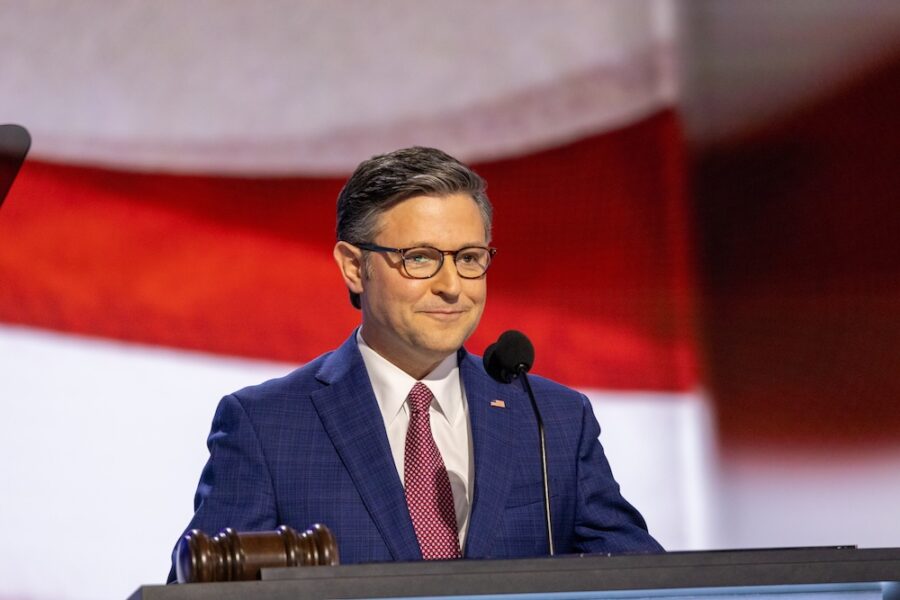Politics
JUST IN: House Advances $9.4 Billion In Spending Cuts Targeting NPR, PBS

The White House’s $9.4 billion spending cuts package cleared a major hurdle on Wednesday, setting up a final House-wide vote on the measure later this week.
Trump’s proposal, which was introduced as legislation by House Majority Leader Steve Scalise (R-LA), would cut $8.3 billion from the U.S. Agency for International Development (USAID), and just over $1 billion from the Corporation for Public Broadcasting. The latter organization is responsible for distributing federal funds to PBS and NPR.
On Wednesday, the House proceeded with what is known as a “rule vote,” which passed mostly along party lines. Wednesday’s success will now set up debate on the $9.4 billion spending cut measure, followed by a final House-wide vote.
In addition to the spending cuts, House GOP leaders included a provision that will make minor changes to President Trump’s “Big Beautiful Bill” in order to account for the Senate needing to amend the legislation, Fox News reported. The latter bill, which will provide billions of dollars in additional funding for border security and make the president’s 2017 tax cuts permanent, is currently going through the budget reconciliation process.
By dropping the threshold to pass the bill in the Senate from 60 to 51, Republicans will be able to pass the vast piece of legislation without Democrat support provided they adhere to a specific set of budgetary rules.
House GOP leaders said they needed to make the recent changes to the bill to better adhere to the Senate’s “Byrd Bath,” when the Senate parliamentarian reviews the bill and removes anything not adhering to reconciliation guidelines,” Fox News reported.
While much of the Big Beautiful Bill deals with mandatory spending, the $9.4 billion spending cuts package deals with discretionary spending that is set by Congress every year. It is what is known as a “rescissions package,” which is a formal proposal by the White House to claw back federal funds already allocated for the current fiscal year.
Like reconciliation, the mechanism allows for a 51-vote majority in the Senate rather than 60. Congress will have 45 days to consider it before it is considered “rejected.”

